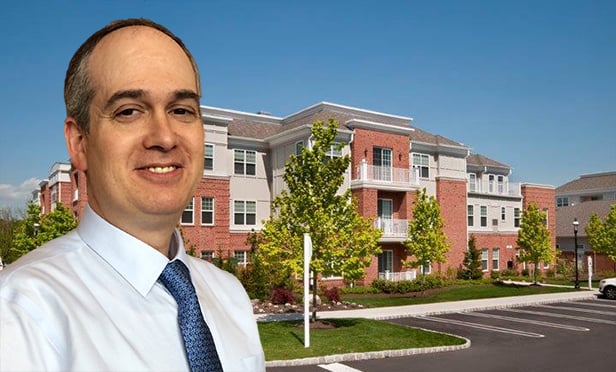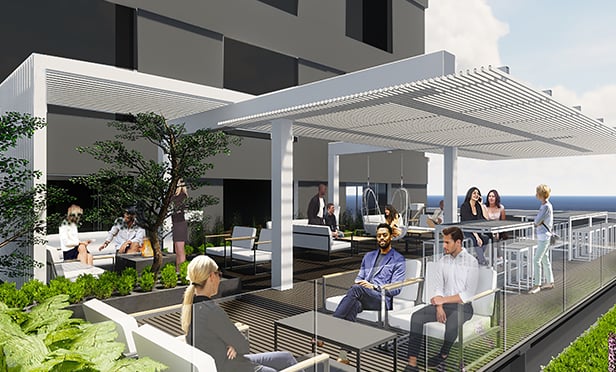TRENTON-The New Jersey Board of Public Utilities has approved a petition submitted by the New Jersey Apartment Association for the approval of water sub-metering in newly constructed multifamily buildings, making the state the last in the nation to do so.
The move will allow rents to pay only for their own usage of utilities, rather than contributing to a share of general consumption. The petition covers only water usage. However, its success is the result of 10 years of effort by the NJAA covering six gubernatorial administrations, Conor Fennessy, VP of government affairs of NJAA, tells GlobeSt.com “This is what we call conservation through education,” Fennessy says.
Multifamily property owners in New Jersey have long sought to employ new technologies to advance water conservation and help educate renters on their personal consumption practices, the association says. Revisiting the policy, however, was listed as a specific recommendation on Lt. Governor Kim Guadagno’s bi-partisan Red Tape Report of April 2010. NJAA received support from 15 state Legislative leaders as well as Plan Smart NJ, a leading planning and land use organization, who voiced support for the Board’s approval of the petition.
The association presented findings from a 2004 Environmental Protection Agency study that saw 15% or greater reductions in expenses in sub-metered buildings. A Dartmouth College study the same year reported savings of 20% to 32%.
“Sub-metering offers many benefits and no downside. The successful implementation of sub-metering will lead to significant conservation benefits, including water use reduction of 15%. Equally important, we hope sub-metering of new buildings will lead to greater understanding and broader use of the benefits of this proven technology as a conservation tool,” says John Cranmer, Esq., partner in the law firm of Archer & Greiner, who crafted NJAA’s petition, in a statement
In fact, areas serviced by Municipal Utility Authorities have been permitted sub-metering for some time. The new approval now extends the same capability to areas covered by the BPU. “We’re leveling the playing field when it comes to new construction,” Fennessy says.
The approval applies only to new construction, and Fennessy notes that installing sub-metering will be voluntary. It does require a substantial upfront cost for landlords, he notes. “It is a significant capital investment,” Fennessy says. “But the potential for conservation is great.”
Want to continue reading?
Become a Free ALM Digital Reader.
Once you are an ALM Digital Member, you’ll receive:
- Breaking commercial real estate news and analysis, on-site and via our newsletters and custom alerts
- Educational webcasts, white papers, and ebooks from industry thought leaders
- Critical coverage of the property casualty insurance and financial advisory markets on our other ALM sites, PropertyCasualty360 and ThinkAdvisor
Already have an account? Sign In Now
*May exclude premium content© 2024 ALM Global, LLC, All Rights Reserved. Request academic re-use from www.copyright.com. All other uses, submit a request to [email protected]. For more information visit Asset & Logo Licensing.








